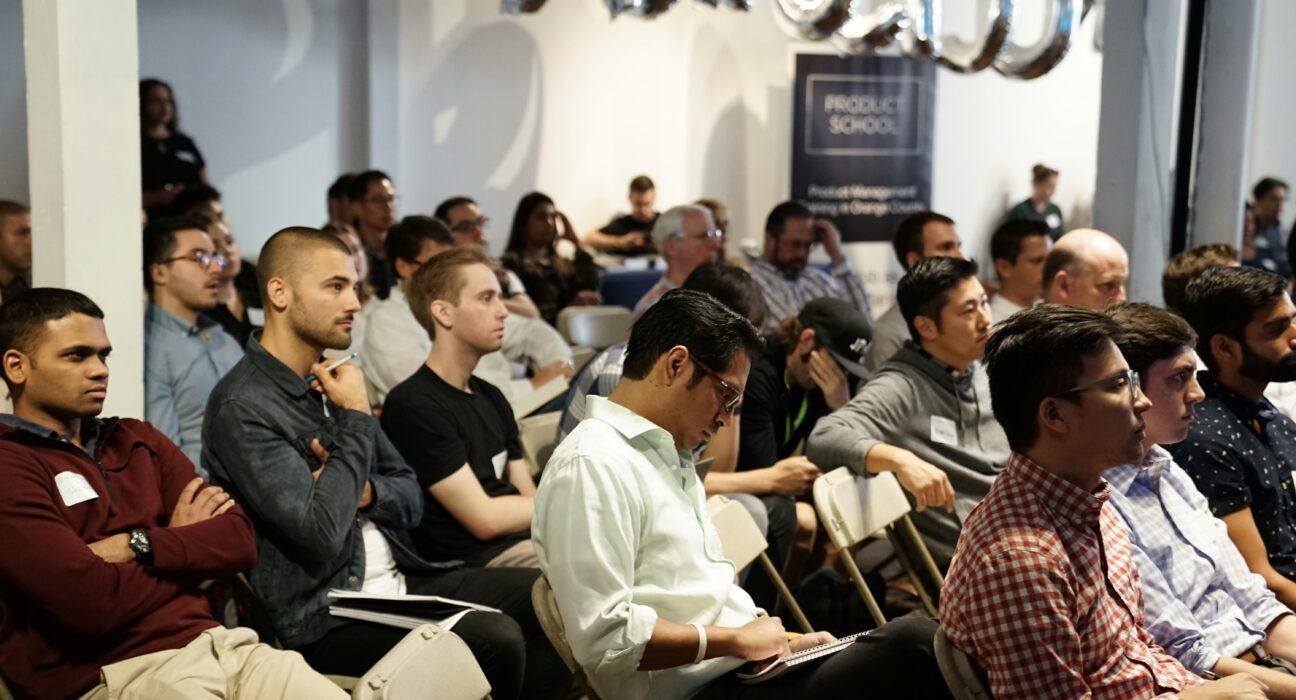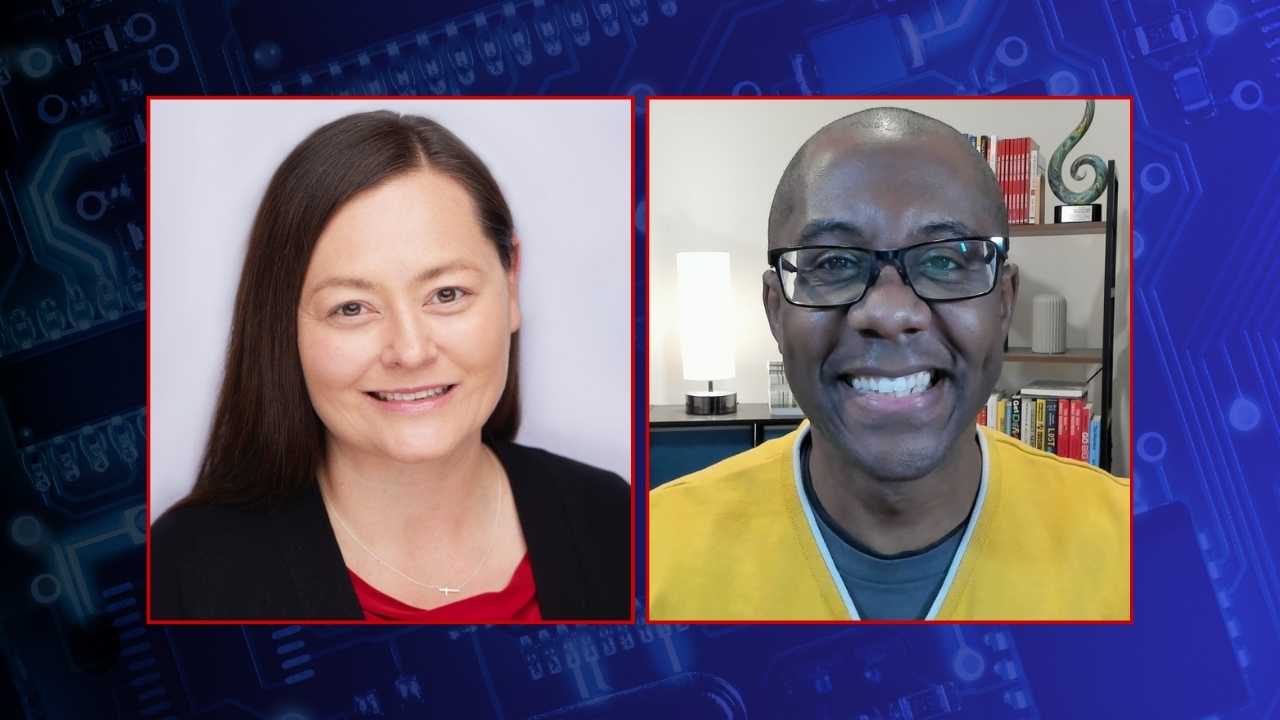In a world increasingly dominated by technology and innovation, the importance of entrepreneurship has never been greater. Ian Mortimer, President of the Golisano Institute for Business and Entrepreneurship, sheds light on how entrepreneurship education can shape future leaders. In this post, we will explore entrepreneurship’s significance, educational institution’s role in fostering entrepreneurial mindsets, and the transformative power of programs like the Young Entrepreneur Academy (YEA).
Watch the entire episode on our YouTube or listen to our podcast.
The Role of Entrepreneurship Education
Entrepreneurship education is more than just learning how to start a business; it’s about cultivating a mindset. As Ian Mortimer explains, the Golisano Institute for Business and Entrepreneurship aims to instill entrepreneurial values and skills in its students.
The program is designed to be intensive and comprehensive, offering a 24-month business school experience. It is focused on developing an entrepreneurial mindset. This includes understanding market opportunities, pitching ideas, and the practical aspects of running a business.
Mortimer highlights the importance of entrepreneurship in modern education: “Tom Golisano, the founder of Paychex and a generous philanthropist, believes wholeheartedly in the power of entrepreneurship. He envisioned an institute that not only teaches business skills but also fosters an entrepreneurial mindset and independence.”
Young Entrepreneur Academy (YEA)
The Young Entrepreneur Academy (YEA) is a prime example of how entrepreneurship education can impact young minds. The program targets students from eighth to twelfth grade who have a vision and want to be founders. Over six months, students learn to develop their ideas, create business plans, and present their pitches.
Mortimer praises the program’s impact: “Gail’s Young Entrepreneur Academy program is an amazing opportunity for high school students. They go through incremental steps to get to a level where someone would listen to their pitch. They learn to ask the big questions, identify opportunities, and understand the market space they are entering.”
Bridging the Gap: Academic and Entrepreneurial Worlds
One of the unique aspects of the Golisano Institute is its ability to bridge the gap between traditional academic education and practical entrepreneurial skills. Mortimer describes the institute as a blend of the best-run charter schools and MBA programs. The institute fosters a collaborative environment where students, faculty, and staff work closely together, emphasizing hands-on learning and real-world applications.
Students are required to dress in business casual attire most days, with business formal on Wednesdays when employers visit. This not only prepares them for professional environments but also instills a sense of discipline and professionalism.
The Value of Entrepreneurial Mindsets in the Workplace
Even if students do not become full-time entrepreneurs, the skills and mindsets they develop are invaluable in the workplace. Mortimer explains that employers value the entrepreneurial mindset because it drives innovation, problem-solving, and leadership. He states, “The behaviors and attitudes that our students bring into the workplace are highly valued. They show up, work hard, and drive value within organizations.”
This mindset is cultivated through various courses and practical experiences, including micro-internships that expose students to real-world business challenges. Mortimer emphasizes that the institute focuses not only on academic knowledge but also on developing behaviors and attitudes.
Inclusivity and Diversity
The Golisano Institute prides itself on its diverse and inclusive environment. Mortimer notes that the institute’s students come from various backgrounds, including those with high school diplomas, some college experience, or even bachelor’s degrees. The average age of students is 28, and they work in multi-generational groups, learning from each other’s experiences.
Mortimer shares, “We have students from different economic backgrounds, age groups, and educational experiences. This diversity enriches the learning environment and builds empathy and community among students.”
The Future of Entrepreneurship Education
Looking ahead, Mortimer sees the Golisano Institute as a model that could inspire similar initiatives in other regions. While the institute’s human-intensive approach may not scale easily, the program’s principles and successes can serve as a blueprint for other philanthropists and educational leaders.
Mortimer envisions a future where more mid-sized cities adopt similar programs to foster entrepreneurial talent and drive economic growth. He emphasizes that the focus should remain on providing students with high-quality education and tangible career paths.
Key Takeaways
The conversation with Ian Mortimer reveals the profound impact that entrepreneurship education can have on individuals and communities. Programs like the Golisano Institute and the Young Entrepreneur Academy are not just about teaching business skills; they are about nurturing a mindset that values innovation, resilience, and leadership.
Entrepreneurship education equips students with the tools they need to navigate an ever-changing world, whether they choose to start their own businesses or contribute to existing organizations. Mortimer aptly says, “It’s much better to have control over your own destiny than to trust the judgment of someone else to control your destiny.”
The future of entrepreneurship education looks promising, with institutions like the Golisano Institute leading the way in fostering the next generation of innovators and leaders. By prioritizing entrepreneurial mindsets and practical skills, these programs ensure that students are well-prepared to face the challenges and opportunities of the modern world.











